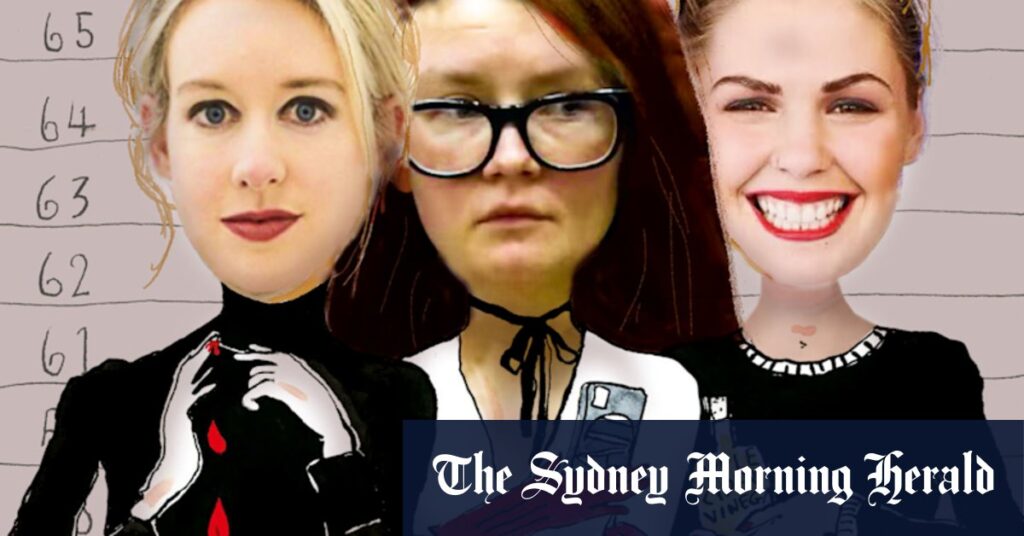
You can sense the story even before you see it. Its narrative beats and emotional arcs announce themselves with such little subtlety they’re almost illuminated in neon. There’s the scene with the spark of the idea that will change the world, the pitch meeting where our hero goes off-script and wows the crowd with their rogue proclamations, the montage showing big capitalist markets of success – followed swiftly by the downfall. Cancellation. Financial ruin and an irreparable reputation.
In recent years, television has embraced a new archetype: the girlboss anti-hero. These characters, often inspired by real-world figures, offer a fresh lens on the entrepreneurial journey, marked by ambition, scandal, and ultimately, downfall. From the dramatization of Uber’s tumultuous rise in “Super Pumped” to the story of WeWork’s founders in “WeCrashed,” these narratives captivate audiences with their blend of aspiration and cautionary tales.
The Rise of the Girlboss Narrative
The term “girlboss” entered the cultural lexicon with Sophia Amuroso’s book, which later inspired a television series. It became a shorthand for women who were the faces and figureheads of brands that sold empowerment alongside products. However, as these stories evolved, a subgenre emerged: the “scammer girlboss.” Figures like Belle Gibson and Anna Delvey became the subjects of Netflix series, their tales of deception and ambition both shocking and compelling.
In 2022, “The Dropout” emerged as a standout in this genre. Amanda Seyfried’s portrayal of Elizabeth Holmes, the disgraced CEO of Theranos, highlighted the lengths to which Holmes went to emulate tech icons like Steve Jobs. Her story, marked by fraud and eventual imprisonment, served as a stark reminder of the pitfalls of unchecked ambition.
Why We Love to Watch
The allure of these stories lies in their complexity. The women at the center of these narratives are not role models; they are flawed, often criminal, yet undeniably fascinating. Their stories offer a neon-lit morality play that keeps audiences pressing “next episode.”
As tech overlords have outgrown their geeky origins and come to control not just our apps but our elections and environmental future, it becomes harder for me to watch shows about them like fun, escapist entertainment. That’s where the series about disgraced female founders come in. Their worlds are much more fun.
“Their scams, delusions, and spectacular downfalls make for sharp, addictive storytelling.”
The Cultural Impact
These narratives also reflect broader societal shifts. During the height of the prestige TV era, characters like Tony Soprano and Don Draper were celebrated despite their flaws. Female characters, however, rarely received the same grace. The emergence of girlboss anti-heroes marks a cultural shift, acknowledging that women can be just as complex and morally ambiguous as their male counterparts.
Meanwhile, the portrayal of these women challenges traditional narratives of female empowerment. While they are not the inspiring figures one might expect, their stories resonate because they are real, messy, and human.
Looking Ahead
As the appetite for these stories grows, it prompts a reevaluation of what it means to be a woman in power. The narratives of these girlboss anti-heroes suggest that the path to success is rarely straightforward and often fraught with ethical dilemmas.
In conclusion, the fascination with girlboss anti-heroes highlights a cultural moment where audiences are drawn to complex, flawed characters. These stories, with their blend of ambition, scandal, and downfall, offer a compelling reflection of the times we live in, challenging us to reconsider our perceptions of success and morality.







